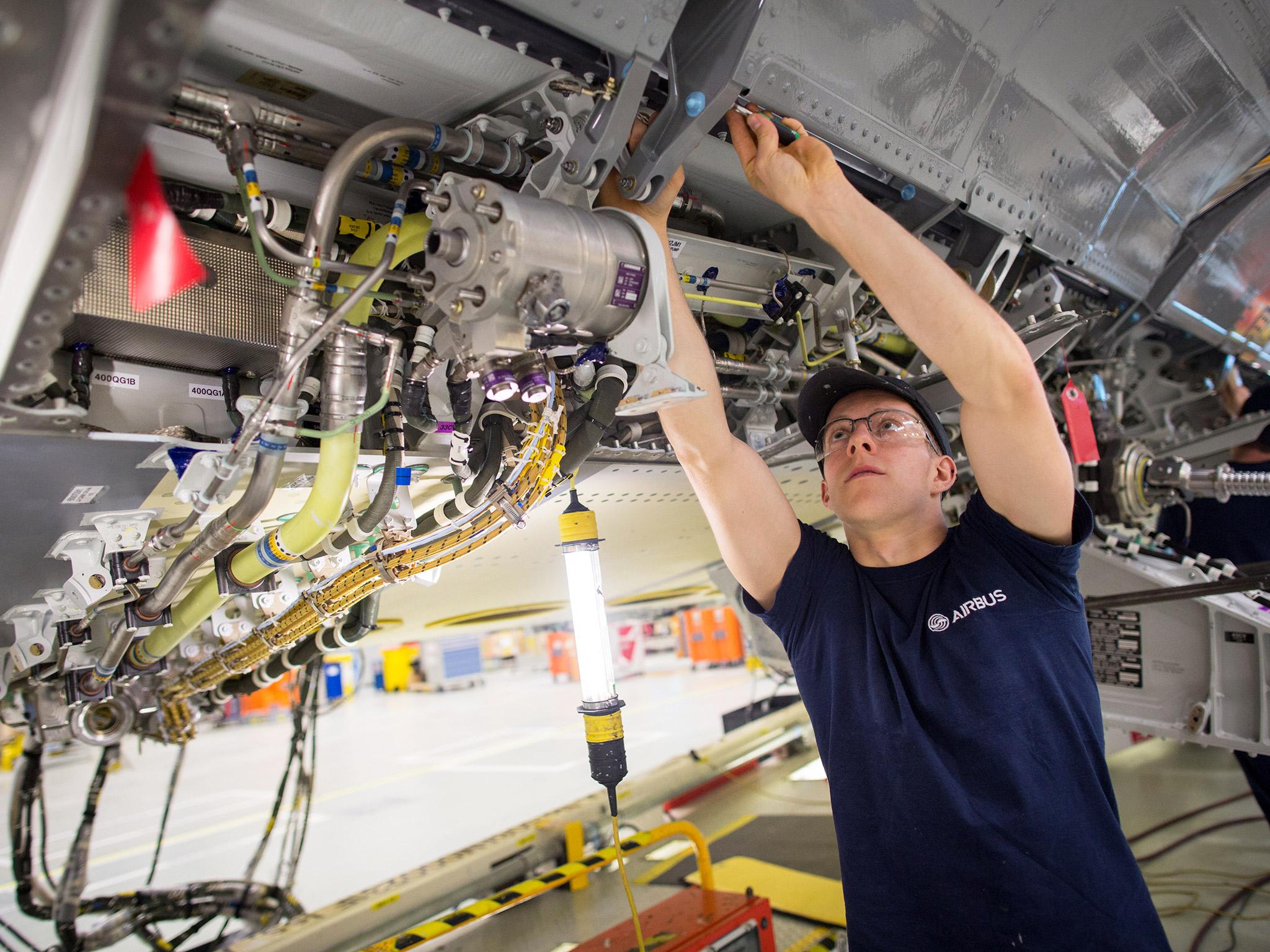Brexit: the industries that will be hit hardest if EU migrants are forced to leave the UK
Migrant labourers from the EU make up more than 30% of all workers in the manufacture of food products

Food production, agiculture and mining are some of the UK industries that may be fundamentally changed by the EU referendum if migrant labourers are dispelled from the UK, according to the Resolution Foundation.
Researchers looked into which sectors would be most severey hit if Brexit affects the free movement of people in the EU.
They found that manufacturing, agricuture and domestic service jobs would be most severely affected.
Migrant labourers from the EU make up more than 30 per cent of all workers in the manufacture of food products, including jobs like processing cheese and meat, making baked goods and animal slaughter.
Almost a quarter of domestic personnel such as housekeepers and carers come from the EU while one fifth of those working in the accommodation sector, or in hotels and other tourist industries, come from the EU.
Workers from the EU are allowed to continue to work in the UK for the two years of Brexit negotiations, after which their future is uncertain.
Theresa May, the frontrunner in the Tory leadership race, has warned that the status of EU migrants is up for negotiation, despite calls from Tim Farron, the Liberal Democrat leaders, to guarantee that those already in the EU will have the right to stay and work indefinitely.
EU migrants have a higher employment rate than the UK average, research has shown. Without passporting, which allows the free movement of people, goods and services between countries in the EU, migrant workers from other parts of Europe may not be able to work in the UK so easily.
The National Institute of Economic and Social Research has said that reducing immigration by two-thirds will see the UK economy shrink 9 per cent by 2065.
The UK Government said in the run up to the vote that immigrants from the European Economic Area, including people from Liechtenstein, Iceland, Norway and Switzerland, contribute more than £3bn to the UK economy in taxes and income, a figure that dwarfs the £500m they take in benefits.
Leave campaigners, carried to victory on a mandate to reduce immigration, have so far yet to spell out how they many migrants they plan to let in after Brexit.
But since the vote, immigrants have been the target of a growing number of hate crimes in the UK. Polish families have reported having signs telling them to leave the EU posted through their letter boxes in Huntingdon in Cambridgeshire and verbal abuse directed at immigrants on streets.
6 ways Britain leaving the EU will affect you
Show all 6A YouGov survey in March cited “immigrants willing to work for low wages” as one of the top three economic problems for leave voters, alongside EU rules and regulations and the last Labour government.
Adam Corlett, economic analyst at the Resolution Foundation, said that greater automation could help employers to cope with the loss of migrant workers.
"The decision to leave the EU could force many companies to fundamentally rethink their business models, particularly those reliant on migrant workers who might not be so readily available in the future. Changes on this scale take time, but many firms will still need to start preparing now, Mr Corlett said.
"For sectors like agriculture, further automation could provide part of the answer to coping with the changed labour market, though it will require a major shift in investment to become a reality," Mr Corlett added.
Industries most reliant on migrant workers
1. Manufacure of food products: 31% of total workers
2. Domestic personnel: 23%
3. Accommodation: 21%
4. Crop, animal production, hunting: 16%
5. Mining of metal ores: 14%
6. Warehousing and support for transport: 15%
7. Services to buildings and landscape: 14%
8. Food and beverage service activities: 13%
9. Manufacture of leather and related: 12%
10. Manufacture of textiles: 11%
Subscribe to Independent Premium to bookmark this article
Want to bookmark your favourite articles and stories to read or reference later? Start your Independent Premium subscription today.

Join our commenting forum
Join thought-provoking conversations, follow other Independent readers and see their replies